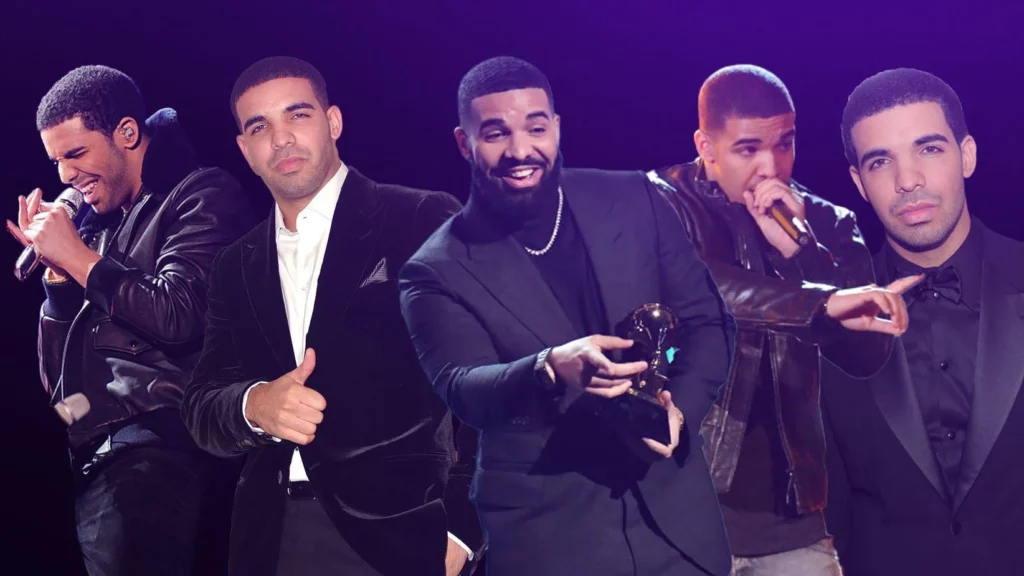In an unexpected twist at the 2025 Grammy Awards, The Weeknd, also known as Abel Tesfaye, made a grand return to the stage, signaling a possible reconciliation between the artist and the Recording Academy. This comes after a notable period of dissent, sparked by the shocking omission of his global hit “Blinding Lights” and the critically acclaimed album “After Hours” from the 2021 Grammy nominations. This snub had led The Weeknd to a three-year boycott of the awards show, a protest that drew significant attention to the perceived injustices within the nomination process.
Grammy’s Olive Branch to The Weeknd
Harvey Mason Jr., the CEO of the Recording Academy, addressed the past controversies head-on during the ceremony. “Criticism is OK. I heard him. I felt his conviction. So over the past few years, we’ve listened, we’ve acted, and we’ve changed,” Mason remarked. The Academy has since introduced several initiatives aimed at diversifying its voting body, including the Black Music Collective, Women in the Mix, and Academy Proud, which collectively added over 3,000 women to the voting ranks.
The 2025 Grammys not only marked The Weeknd’s return but also featured him performing two new tracks from his latest album, “Hurry Up Tomorrow.” His presence was a clear message of the changes potentially taking root within the Grammys’ governance and nomination processes.
Rising Calls for Inclusivity
However, The Weeknd’s reintegration into the Grammy fold has reignited questions about other artists who have felt marginalized by the award show’s past decisions. Prominent figures like Ariana Grande and Nicki Minaj, who have also voiced their displeasure with the Grammys in past years, are yet to be acknowledged in a similar fashion. Grande previously boycotted the Grammys over disputes regarding her performance proposals, citing restrictions on her creative freedom. Similarly, Minaj has expressed dissatisfaction with how her music has been categorized, which she believes has impacted her recognition at the awards.
The outcry from fans and industry observers following The Weeknd’s appearance was palpable, as illustrated by a flurry of social media activity. Tweets from fans like, “what about Nicki & Ariana?” and “now do the same with Ariana Grande, Lana Del Rey, Katy Perry, Mariah Carey, and Nicki Minaj,” underscore a broader demand for equity and reform in the Grammy nomination process. This sentiment is echoed by Ash, a fan, who pointed out, “they need to change the way they treat women, specifically how they treat Nicki Minaj.”
The Road Ahead
While the Recording Academy’s efforts to mend fences with The Weeknd are a step toward transparency and fairness, they also serve as a reminder of the ongoing challenges facing the music industry in terms of diversity and inclusion. The situation calls for a continued push towards reforms that not only address past grievances but also pave the way for a more equitable future in music recognition.
As the industry evolves, the spotlight on the Grammys will likely intensify, with artists and fans alike watching closely to see if the promises made will manifest into broader changes. The hope is that the recognition of one artist’s grievances will open the door for many others who have felt sidelined, ensuring that the celebration of musical achievements remains as diverse as the music itself.
